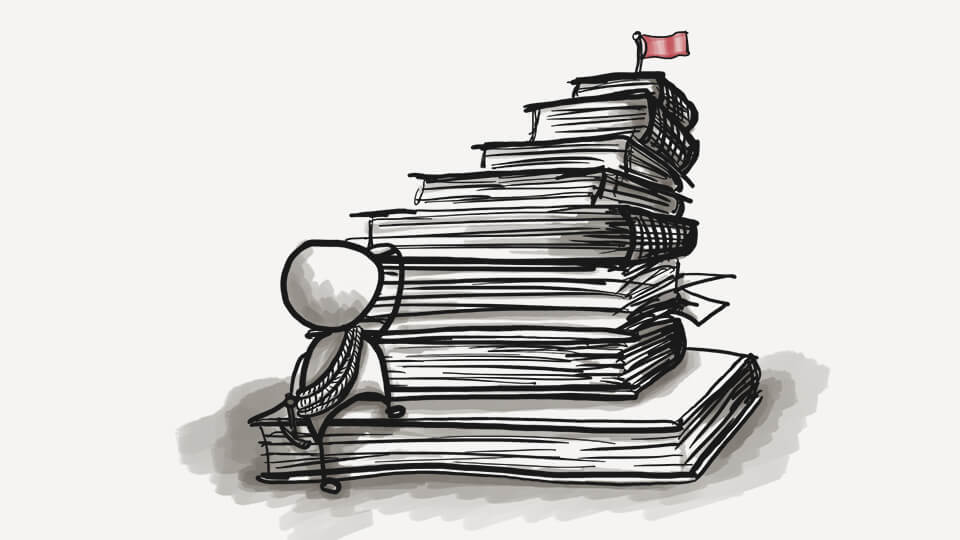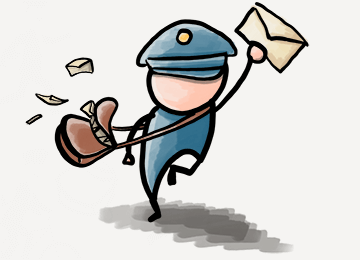Today’s question comes from L. Farnsworth from Twitter:
What are some unconventional resources (e.g. not a 'how-to' guide) that professional authors use which newer authors tend not to? I have my own thoughts on this but I think it's a hugely important topic
Great question. Thank you. The internet bubbles with advice and resources for beginners, but not so much for the pros.
I’ll get right to it. Here’s my list of professional gems in no particular order. Maybe except for Brewer. Brewer’s my favorite.
Brewer’s Dictionary of Phrase and Fable
Very few writers know about the existence of this book. I don’t know why. I think it’s pure gold.
For copyright reasons, I cannot paste any of it here, but go to the book’s Amazon page and click on the Look Inside button. Skip the preface and dig into some of the entries.
It has phrase and fable, as promised, but also myths, legends, heroes, and villains. The heavy focus on storytelling makes it a perfect resource for writers looking for inspiration.
You won’t know what it’s like until you open a page at random, find an entry you like, and try to turn it into a story.
Oh, and it was Terry Pratchett’s favorite.
Dreyer’s English
If big hefty stylebooks like the Chicago Manual of Style or AP Stylebook terrify you, Dreyer’s English may be the next best thing. Shorter, humorous, and filled with ridiculously useful and precise information on the styling of the written word.
Written by Benjamin Dreyer, the copy chief at Random House, the book released only last year. I think it’s safe to say it’s more modern than a book like Strunk & White The Elements of Style which was written in the 1920s and is officially hundred-yers-old.
Google NGram
I was planning to do an article on the NGram viewer, but now’s as good a chance as any to bring it up. It takes a moment to fully appreciate what this tool can do; however, I suggest you give the tutorial by Google a look.
Editors use it often to see how the usage of words and phrases has changed over time. Writers can use it to find a word they forgot, check for British vs. American usage, or see if a phrase has ever been used before in published works.
Dictionary.com & Thesaurus.com
Amateurs use a thesaurus by glancing over the entries to find a fancy new word they can use. Professionals use a thesaurus and a dictionary in tandem, and thus they make fools of themselves far less frequently.
The Emotion Thesaurus
Angela Ackerman and Becca Puglisi have published a wonderful range of specialized thesauruses for writers. (Or thesauri, both are correct. I just looked it up, same as formatting multiple sentences inside parentheses. The last dot stays inside.)
LitReactor & Scribophile
Both are pages where you register (there’s a small fee to filter out all the indecisive amateurs) to exchange critiques with other writers. There’s a point system in place that ensures a fair share of reviews for everyone.
See what strangers think of your writing. Unsettling, I know.
Standard Manuscript Format
Proper Manuscript Format by William Shunn.
People working in the industry call it the Standard Manuscript Format or SMF for short.
I think nowadays most people would use Times New Roman rather than Courier as their font of choice, but this was first composed for paper manuscript submissions.
It’s a standard that pros are expected to follow. Use it to make sure your manuscript is taken seriously (more info in an article I wrote).
Submission Grinder
For those of you looking to get published in a magazine, Submission Grinder by SFWA (Science Fiction Writers of America) is a free tool you can use to search for open submissions.
Better yet, it lets you keep track of all the ones you submitted.
Writer’s Market
If you want to get paid for your writing, Writer’s Market is your friend. As far as I know, it’s the most comprehensive list of paying markets. Has agents, publishers, contact details, standard rates, and many other good things besides.
This is the book people buy when their writing gets serious.
Your Favorite Writer’s Living Room
A slightly voyeuristic hint. Remember that photo of your favorite writer? You know, the one that shows them working, or just sitting in a chair, looking wise and thoughtful, with lots of books behind them? Zoom in on those books.
Neil Gaiman has a shit ton of dictionaries for example, including a hefty (and difficult to get) three-volume edition of Green’s Slang Dictionary.
Author photos are where I found many cool new resources.
Thanks for reading! If you enjoyed this article, please share it with someone who may enjoy it too.

